Ukraine Gets EU Membership Boost, but No New European Aid
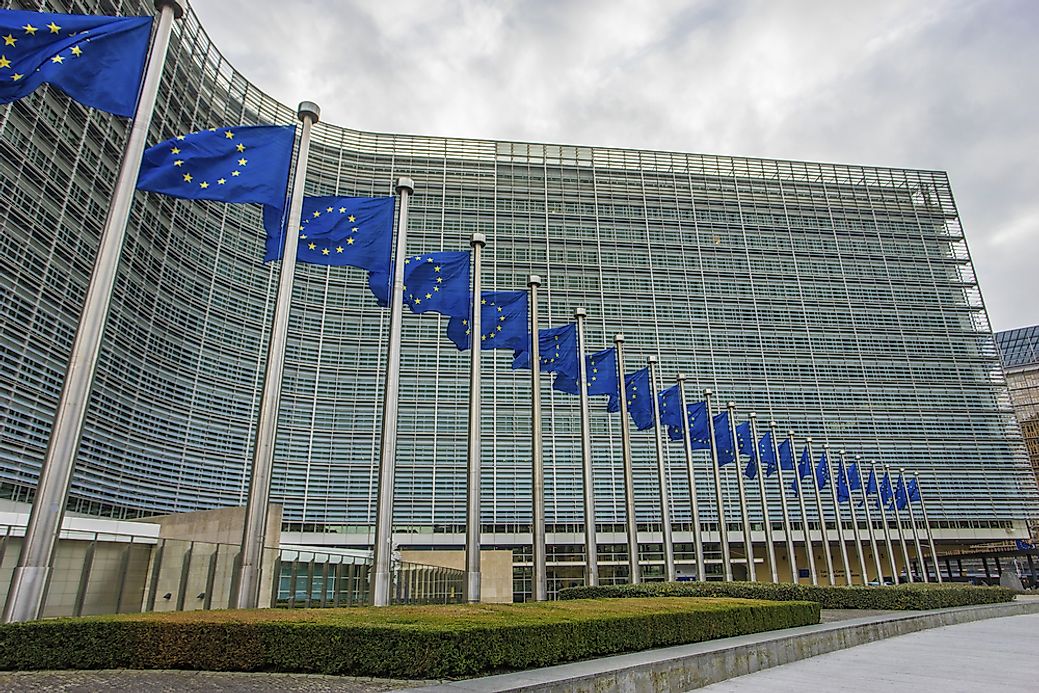
Even as it decided to begin accession talks with the war-torn nation, the European Union was unable to reach an agreement on Thursday regarding a package of financial aid worth $54 billion that Ukraine desperately requires to remain afloat.
Viktor Orban vetoed the aid, dealing another blow to Ukrainian president Volodymyr Zelenskyy, who failed to convince U.S. legislators to approve $61 billion in additional funding for Ukraine this week, mostly to purchase weapons from the U.S.
The beginning of accession negotiations was a historic moment for a war-torn country that had long struggled to gain support for its aspirations for membership and faced Orban’s obstinate opposition.
The leader of Hungary decided to not veto accession talks but blocked the aid package.
|
Charles Michel, President of the European Council, said: “I can tell you that 26 leaders have agreed on (budget negotiations).” “I must be precise. “One leader could not agree.”
Unanimity is required for the EU to make decisions.
Michel, the president of the Brussels summit at the time, said that the beginning of the accession talks was “a clear sign of hope for the people of their country and our continent”.
Zelenskyy hailed the agreement, even though the time between the beginning of negotiations and Ukraine’s final membership could be many years. A victory for Europe as a whole.”
Zelenskyy stated that “history is made by those people who never tire of fighting for their freedom.”
Orban’s vetoes of both extra money and the review of the EU Budget prevented the financial package from being approved. Ukraine desperately needs the money to survive its damaged economy in the next year.
Michel announced that leaders will reconvene to try and break the deadlock in January.
Orban warned that forcing a vote on Ukraine could damage the unity of the EU. All 27 countries must agree on decisions on the EU’s expansion and a review of the long-term budget which includes the $54.1 billion aid to the government in Kyiv.
Orban also threatened a veto on the beginning of accession negotiations, but ultimately backed down.
Alexander De Croo, the Belgian Prime Minster, called the opening up of membership talks a “black eye” for Russian President Vladimir Putin. “It’s a clear message for Moscow.” “We Europeans don’t give up on Ukraine,” he said.
Orban stated that his opposition was steadfast but he chose not to use his right of veto, because 26 other countries were so vocal in their support. According to EU regulations, abstentions do not stop a decision being taken.
A senior EU official who refused to be named because the summit was private said Orban “was momentarily absent in the room, in a prearranged and constructive manner”, when the decision was taken.
Orban claimed that he had stepped down because all of his colleagues were committed to getting Ukraine on the EU path. However, their positions did not change Orban’s mind.
“Hungary is clear that Ukraine isn’t ready for us start negotiations about its EU membership. He said that the decision was illogical, irrational, and inappropriate.
Others praised Orban’s act. The summit had lasted an extra day on Saturday as they prepared for it.
Leo Varadkar, the Irish prime minister, said that “certainly quicker than we expected” was the response.
“In fairness, Prime Minister Orban made his case very clearly. Varadkar stated that Orban disagrees with the decision, and is not changing his mind in this sense. However, he has decided to not use the veto.
“I appreciate the fact that he did not do that because it would have placed us in a difficult position as an European Union,” added the Irish leader.
De Croo, a Belgian politician, had a different view. He said that Orban “didn’t use his [veto] because he knew it would be indefensible.”
The EU leaders decided to start membership talks with Moldova, Ukraine’s neighbor.
Jake Sullivan, the national security advisor for the United States, welcomed “the EU’s historic decision to begin accession negotiations with Ukraine, and Moldova. This is a critical step towards fulfilling their Euro-Atlantic ambitions.”
The news in Kyiv was greeted with cautious optimism.
“We are Europe. Ukraine is Europe. “I want to see us given the status as a proud European member,” said Olha Paradovska a 70-year old Kyiv resident.
Ivan Olezhko said that the decision to begin accession negotiations was long overdue. “If all goes well, I’ll be happy. But we don’t know what happens next,” he added.
The EU leaders expected that the summit would last until at least late Friday night before any kind of breakthrough could be made. So the fateful news came completely unexpectedly, after Orban didn’t block the move by the rest of his colleagues.
Unannounced, Michel strode into the media room of the summit and declared “This is an historic moment and shows the credibility” of the European Union. The strength of the European Union. “The decision has been made.”
He said that the leaders will receive a report in March before the start of the actual negotiations.
Zelenskyy was in a bad situation when the surprise arrived. He had just returned from Washington, where he had pleaded for more assistance to the U.S. Congress but his appeals fell on deaf ear. Ukraine’s President was hoping for a more positive response from Brussels.
De Croo stated that it was equally important for Ukraine to have the resources necessary to continue its war and rebuild the country.
In a video message to leaders gathered in Brussels, the Ukrainian President said that the urgency of finding a solution was only matched by the possible blow to EU credibility.
Nobody wants Europe to appear untrustworthy. “Or as incapable of taking decisions that it prepared itself,” said he.



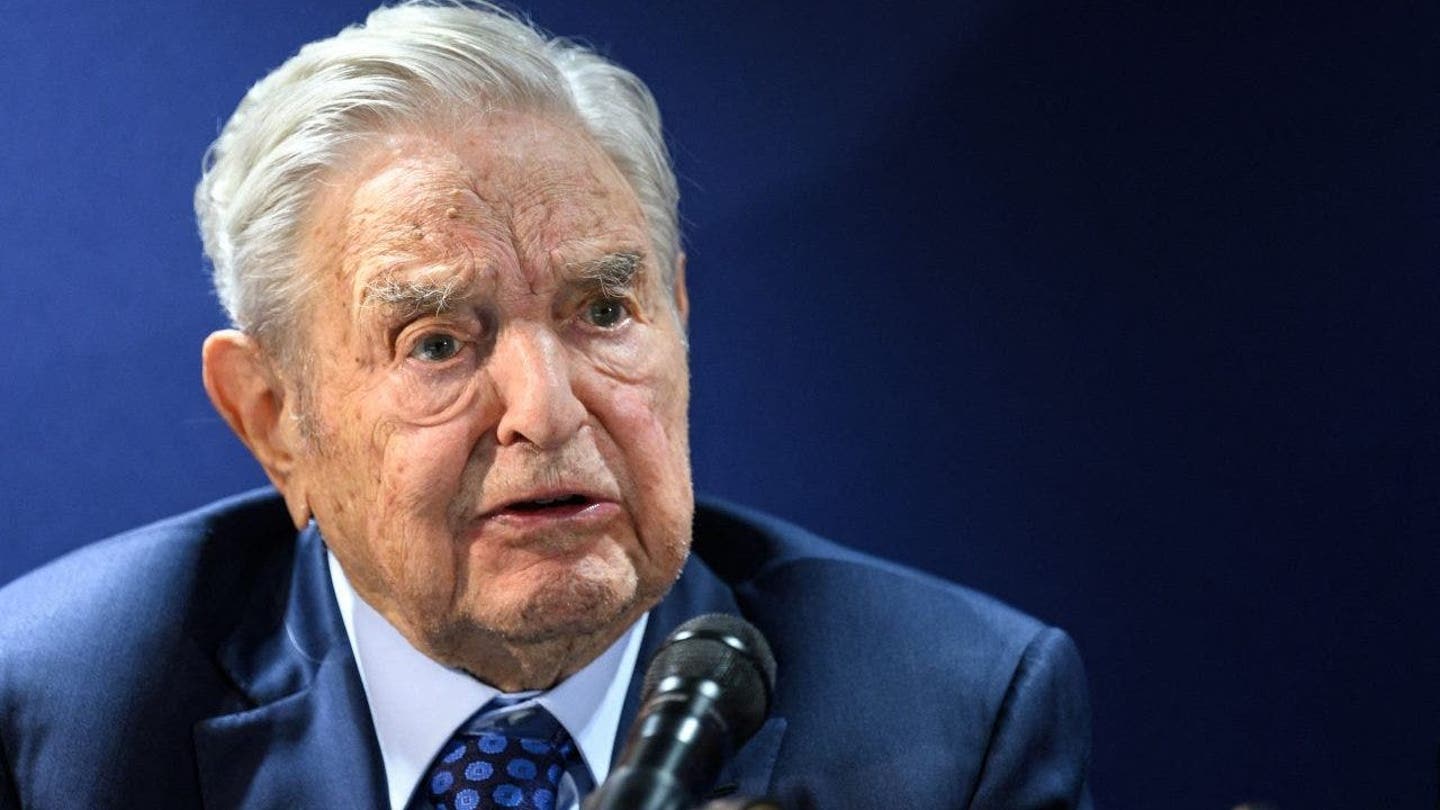
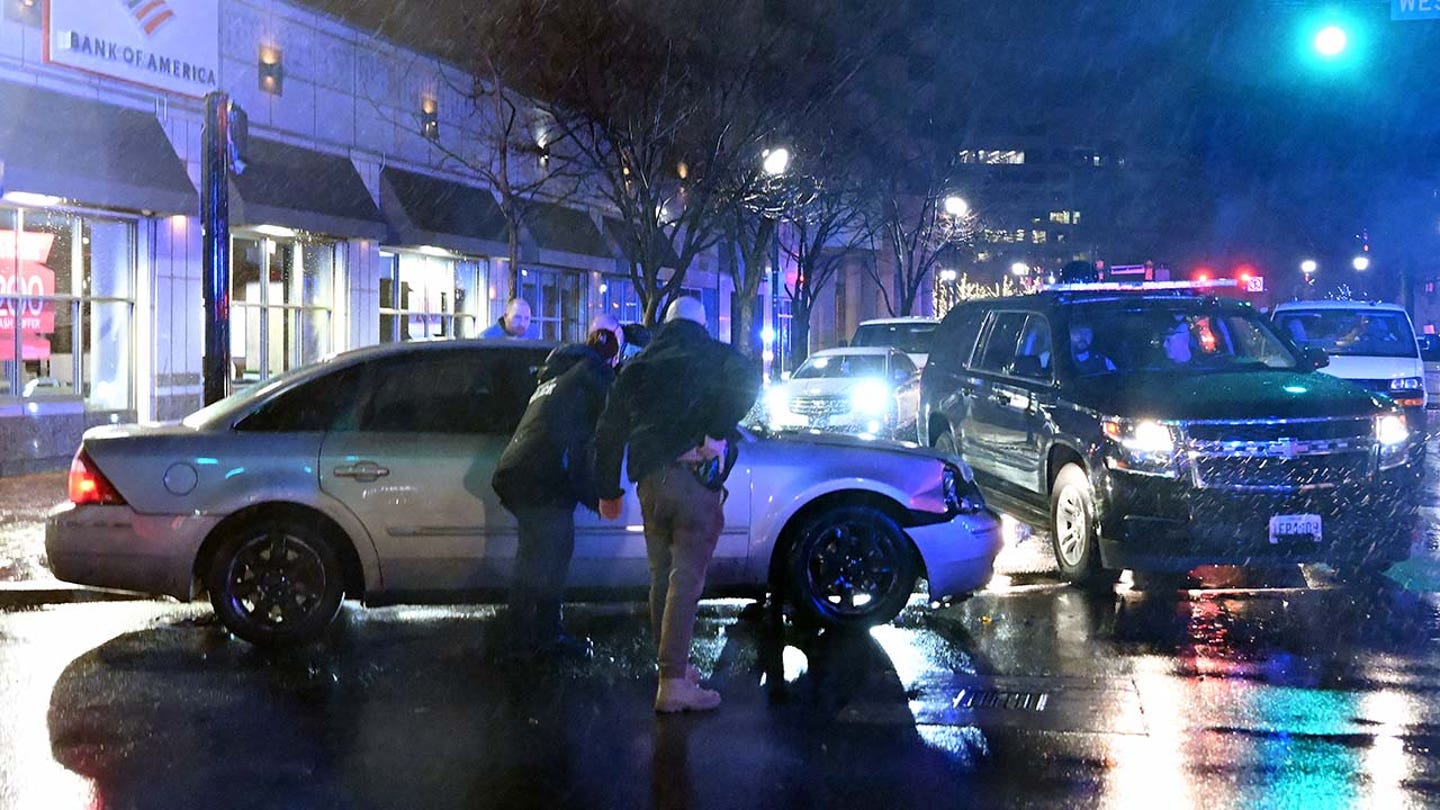
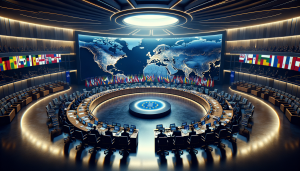
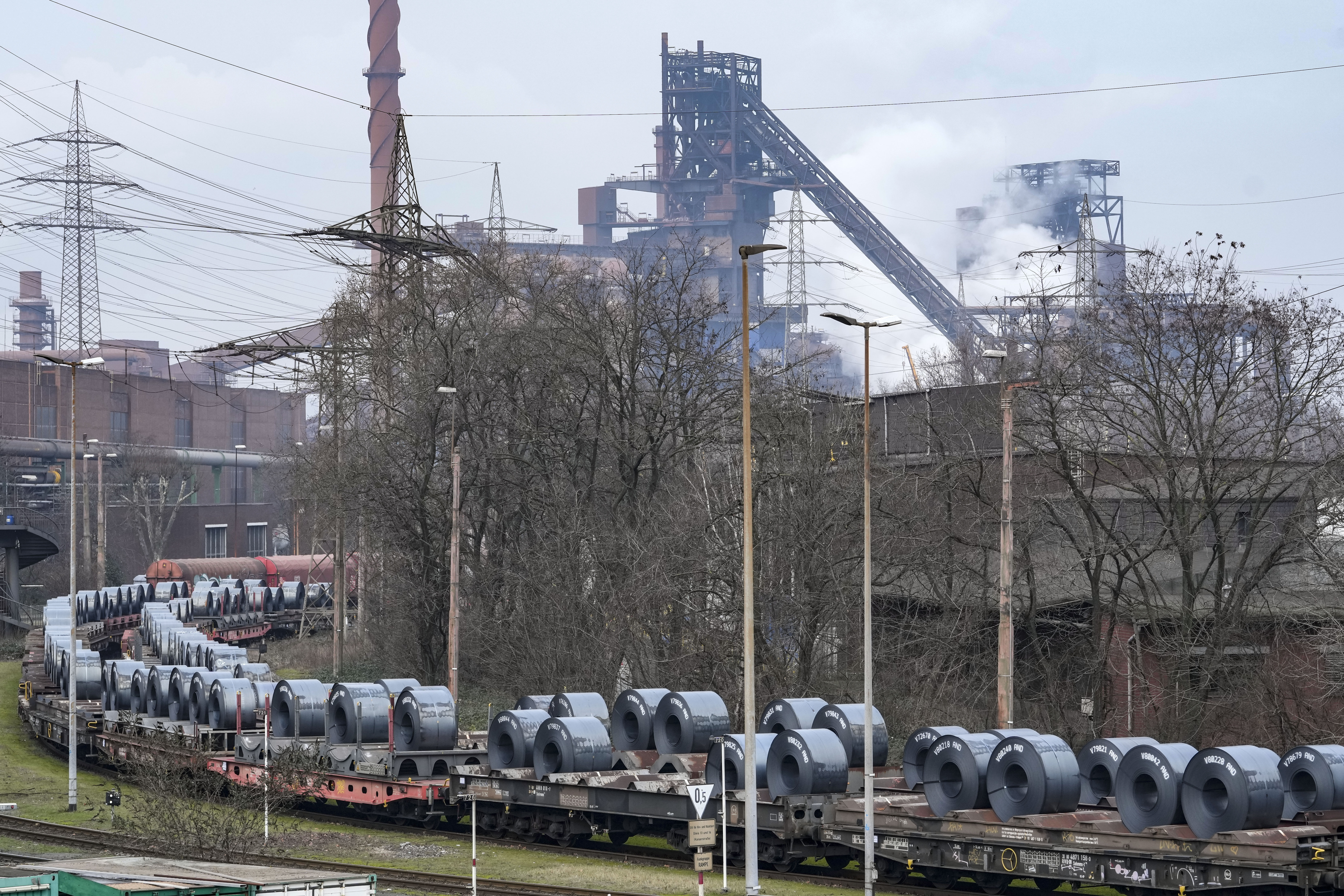


No Comments